 Iralfai
Iralfai
It is suspected that some of the earliest human inhabitants lived in this area. Anthropologists have found some unusual remains on the nearby island of Flores that indicate a very early form of man lived there.
Traditional village
Iralfai Village means “Big Water” in Fataluku.
This place is along the road to Tutuala. There is an underwater spring in a cave near town that gushes out fresh water.
The Indonesian army developed it a bit and the Japanese have installed a solar panel nearby to run a water pump to supply the village.
 If you take some candles you can go down there a ways and drink from the small spring there.
If you take some candles you can go down there a ways and drink from the small spring there.
It is very refreshing and kind of a spiritual thing in a way drinking water from the center of the earth. Lawancay was pleased that I drank the water with him.
Anthropologists have found some unusual remains on the nearby Island of Flores that indicate a very early form of man lived near here.
The cemetary or Lutr Irin (Poko Poko) behind town does not have an age according to the locals.
 It has been there forever, at least 500 years, suspects Lawancay, one of the local residents.
It has been there forever, at least 500 years, suspects Lawancay, one of the local residents.
I think that it is possible that it has been there longer than that. It is most unusual and considered sacred.
The Timorese in general have a strong connection to their ancestors. I don’t think they worship them but they are a very big part of their lives.
With that that life giving well spring of water the earliest man could have survived there.
 A Timorese told me that the Uma Lulik (those tall traditional houses on stilts) that you often see in the villages actually hold the placenta of everyone born in that village. A woman elder is in charge of keeping things in order.
A Timorese told me that the Uma Lulik (those tall traditional houses on stilts) that you often see in the villages actually hold the placenta of everyone born in that village. A woman elder is in charge of keeping things in order.
I sometimes don’t quite get the translation right so if anyone has additional information or can point out errors I have made I would be most appreciative.
 Uma Lulik
Uma Lulik
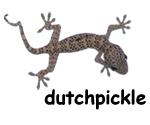 Iralfai – East Timor
Iralfai – East Timor
 Climbing Mount Apo
Climbing Mount Apo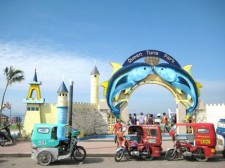 General Santos
General Santos Growing Orchids
Growing Orchids Judy's Resto Bar
Judy's Resto Bar Logging with Motorcycles
Logging with Motorcycles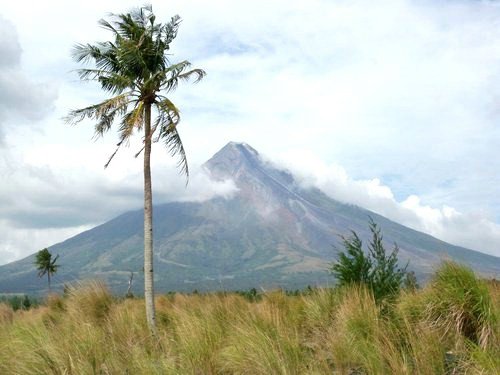 Mount Mayon
Mount Mayon Balabac Island
Balabac Island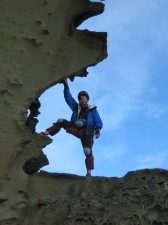 Biri Island
Biri Island Calbiga Cave
Calbiga Cave Capul Island
Capul Island Mangrove Swamp Palawan
Mangrove Swamp Palawan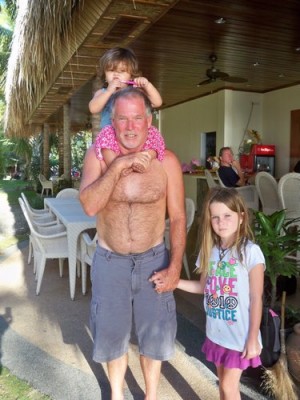 Mikes's Resort
Mikes's Resort
Great blog and very useful Timor Leste tips, thanks. I’m from Spain myself and I was reading about the placenta stuff and this reminds me of my uncle burying the placenta of some of my cousins (the ones who were born at home) in the ‘huerta’ (orchard) nearby…though there was not religious nor cultural aspects in this case, it was just convenient.